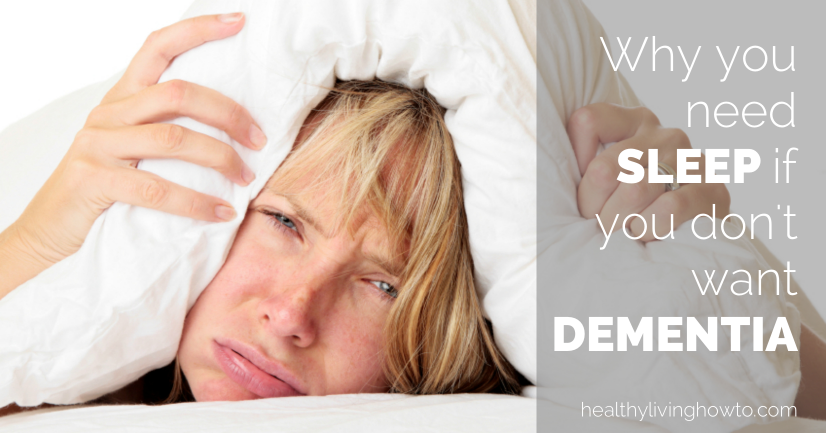I've mentioned on a few occasions my mother has a form of dementia called Lewy Body Disease (LBD). The most common response I get when I tell people this, besides a look of puzzlement is, “what's that?” Admittedly, I had never heard of the disease myself, until about six years ago, when my mother was diagnosed.
So, for those that don't know, LBD is actually a common form of dementia; maybe even more common than Alzheimer's. However, it is most often misdiagnosed.
Lewy Body Disease is often misdiagnosed, as there is no easy way to easily confirm the diagnosis. It shares symptomatic similarities with both Alzheimer's and Parkinson's, both well-known forms of dementia; however, the pathology is different. A hallmark of LBD is a sleep disorder called Rapid Eye Movement Sleep Disorder.
After a couple years of head-to-toe tests that came back negative, and various unsuccessful experimental treatments, my mother underwent a frontal-lobe biopsy. After looking at a small section of her brain, under a high-powered microscope, her diagnosis was confirmed.
Research on LBD is really in the infancy stages. What my mother's neurologist has said all along, is that any advances in the research of other forms of dementia, particularly Alzheimer's, is an advance in LBD research.
Since my mother's diagnosis, I've been on a quest to understand my own genetic risk of dementia (my maternal grandmother and several of her siblings had Alzheimer's), as well as what I can do to avoid this disease. I could be wrong, but I am pretty confident I am on the right path, by eating a gluten-free low-carbohydrate diet as prescribed in the book Grain Brain, getting consistent exercise, managing stress, avoiding toxins in my cosmetics, food, cleaning products, etc. and being diligent about my sleep habits.
Today, an NPR article titled Brains Sweep Themselves Clean Of Toxins During Sleep, was published that explains why sleep is an important piece in the dementia puzzle.
The article describes sleep as a “dishwasher” for the brain. And that when we sleep, the cells clear harmful toxins, toxins that may increase the risk of Alzheimer's.
During sleep, the flow of cerebrospinal fluid in the brain increases dramatically, washing away harmful waste proteins that build up between brain cells during waking hours.
Researchers found that one of the waste products removed is beta-amyloid, the plaques associated with Alzheimer's disease.
It is interesting to note, that Alzheimer's, as well as other forms of dementia, like Lewy Body Disease, are linked to sleep disorders.
On a personal note, my mom started experiencing sleep problems in her early fifties which she thought was restless leg syndrome (RLS). We have since learned this was not RLS but the early stage of her disease.
I have made it a habit to encourage healthy sleep habits on the Healthy Living How To Facebook page. It breaks my heart to read the comments of how sleep issues are so prevalent among my readers. What saddens me even more is the fact that many have just given up on sleep without exhausting all avenues of resolution.
I am not a sleep expert, and I agree, there are some who legitimately have a sleep disorder that requires medical attention. However, what my research has found is that a good majority of people do not have a sleep disorder, but need to implement some healthy sleep habits, reduce stress in their lives and balance their hormones.
If sleep eludes you, I can't impress on you enough; you need to do something about it. And for most people, the solution is not a sleeping pill. If you haven't already, please read my post Sleep and Stress: Why You're Not Sawing Logs and find a good integrative medicine doctor who can get to the root cause and help resolve your sleep issues. The future of your brain health depends on it.
Sleep can dictate how much we eat, how fast our metabolism runs, how fat or thin we get, whether we can fight off infections, how creative or insightful we can be, how well we can cope with stress, how quickly we can process information and learn new things, and how well we can organize and store memories. Adequate sleep, which for the vast majority of use means at least seven solid hours, also influences our genes. Anything that negatively affects these important functions in the body impacts the brain.” David Perlmutter, MD board-certified neurologist and author of Grain Brain
